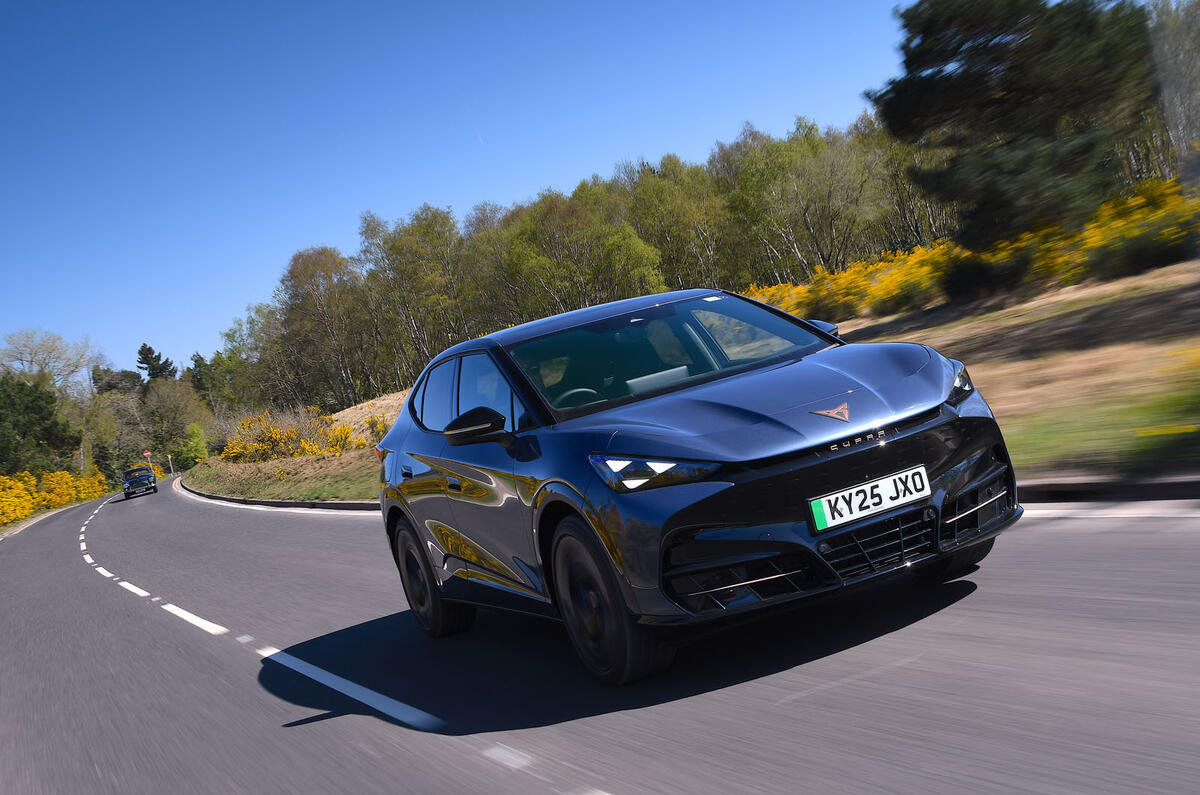Cupra has indefinitely postponed its plan to launch in the US in 2030, citing "ongoing challenges within the automotive industry".
The Seat-owned Spanish premium marque was due to expand into North America at the end of the decade with an exclusively electric line-up, including larger models designed and engineered exclusively for the US.




Add your comment